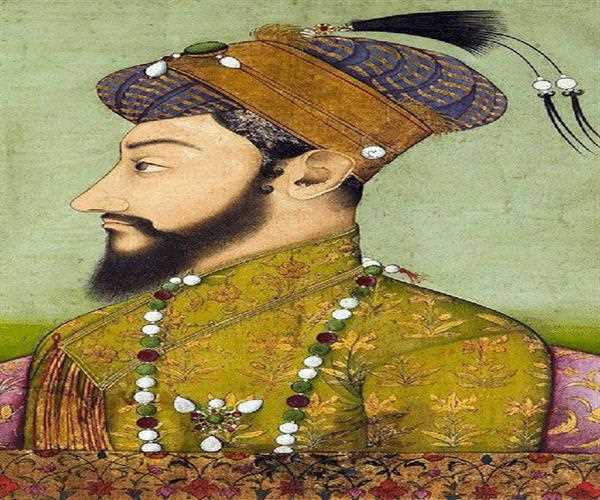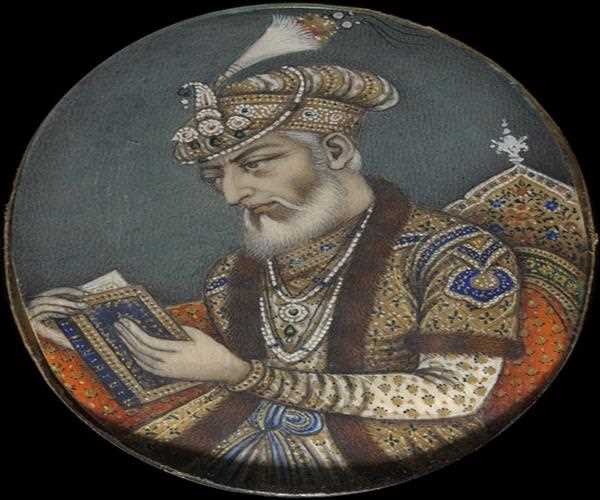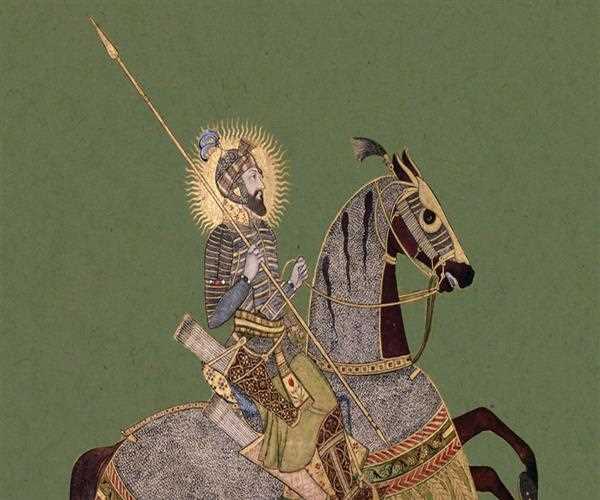
10-Aug-2023 , Updated on 8/10/2023 9:34:52 PM
Aurangzeb- the king who demolished thousands of temple
Highlights
- Aurangzeb is known for his conservative interpretation of Islam and his efforts to promote Islamic practices within his empire.
- He did order the demolition of a few Hindu temples all through his reign, which has generated controversy and historical debate.
- Some sources propose that he demolished temples as part of his broader guidelines to implement his strict interpretation of Islam.
- Aurangzeb's movements have been no longer restricted to temples; he additionally focused other religious systems, along with mosques that did no longer comply with his particular ideals.
- His guidelines towards religious minorities and non-Muslims various throughout exclusive regions of his empire.
- It's essential to be aware that ancient information may be complicated and open to interpretation, and the full context of Aurangzeb's rule consists of political, financial, and social factors.
Aurangzeb Alamgir, the emperor of the Mughal Empire is known for his rule that encompassed power dynamics, religious beliefs and cultural heritage. His reign remains a subject of debate due, to his role in the demolition of temples during his time in power. This view aims to explore the context surrounding Aurangzebs rule delve into the motivations behind his actions and examine the impact of his decisions on Indias cultural landscape.
Historical Background
From 1658 to 1707 Aurangzeb governed over an diverse Mughal Empire after ascending to the throne amidst a succession war. He inherited a realm that spanned across the subcontinent. Faced various challenges from political intrigues economic pressures and regional rebellions right from the start of his reign.

Religious Identity and Policies
Aurangzeb's governance approach was deeply influenced by his beliefs. He adhered strictly to Sunni Islam principles. Sought to enforce the law throughout his empire. However, this devotion often clashed with the fabric where Hinduism, Islam, and other religions coexisted.
Temple Demolitions
One debated aspect of Aurangzeb's rule was his involvement, in demolishing temples. During his reign, it is estimated that numerous temples were demolished, leading to debates, about why he did it and the extent of the destruction. Critics often argue that these actions demonstrate intolerance and a lack of sensitivity.
Understanding Motivations and Perspectives
To comprehend Aurangzeb's motivations we must consider the complexities of his era. The demolition of temples can be attributed to a combination of factors;
Religious Zeal- Aurangzebs' strong religious beliefs drove him to establish a state based on principles. This fervor may have influenced his actions against Muslim places of worship.
Political Control- Temples often held power and influence. By demolishing them Aurangzeb could have aimed to weaken opposition and assert Mughal authority.
Economic Considerations- The wealth contained within temple treasuries made them targets for revenue collection. Given the strain faced by Aurangzeb's empire seizing these resources might have been viewed as a means to stabilize the economy.
Historical Context- It is important to note that Aurangzeb's actions were not unprecedented, in his time. Previous rulers, both Muslim and Hindu had also engaged in temple destruction.
The impact on India's culture and heritage caused by the demolition of temples was long-lasting. These temples were not places of worship. Also held valuable art, architecture, and historical knowledge. The loss of these structures had an effect on both Hindu identity and the broader Indian community.
Aurangzeb's reign has sparked debates. His actions exemplify the conflicts that arise when religious beliefs clash within societies. Critics argue that his demolitions of temples have greatly overshadowed his legacy tarnishing his reputation as a ruler and perpetuating tensions between communities.

However, supporters of Aurangzeb emphasize his accomplishments as a ruler. They highlight his efforts to expand the empire improve administration and stimulate growth. Furthermore, they stress that his policies were part of a strategy rather than solely driven by religious intolerance.
Aurangzeb Alamgirs reign remains a chapter in history. The destruction of temples, during his rule must be acknowledged while considering the context that shaped his decisions.
Taking a look, at the legacy of Aurangzeb prompts us to ponder the relationship between religion, power and cultural heritage, throughout history.
The reasons, behind the temple destruction carried out by Aurangzeb, are intricate and subject to debate. Some historians argue that religious intolerance and a desire to suppress Hinduism motivated him. Others contend that he was more focused on economic factors. For instance, he may have demolished temples perceived as symbols of Hindu resistance to rule. Perhaps it was a means to acquire the land on which these temples were built.
Regardless of his motivations, Aurangzeb's temple destruction has had a lasting impact on India. It has deepened the divide between Hindus and Muslims in the country. Has been used as justification for violence against Muslims.
In times there has been an increasing discussion surrounding Aurangzeb's legacy. Some individuals assert that he was a deserving condemnation while others argue for a nuanced understanding considering the context.
Determining Aurangzeb's legacy is not straightforward. He was an individual with actions that can be interpreted in various ways. However, it is beyond doubt that his demolition of temples dealt a blow to freedom in India.
Furthermore, aside from destroying temples Aurangzeb also imposed restrictions, on Hindus.
Aurangzeb implemented a ban, on the construction of temples. Imposed a special tax on Hindus. He also prohibited celebrations of
Hindu festivals.
The policies Aurangzeb pursued towards Hindus resulted in discontentment leading to rebellions against his rule. These included the Jat rebellion in Mathura and the Maratha rebellion in the region.
Following Aurangzeb's death in 1707, his empire experienced a decline as his successors struggled to uphold his might and political authority.
Aurangzeb serves as a reminder that powerful leaders can be motivated by bigotry and intolerance. His decisions have had a lasting impact, on India sparking debates to this day.

SEO and Content Writer
I am Drishan vig. I used to write blogs, articles, and stories in a way that entices the audience. I assure you that consistency, style, and tone must be met while writing the content. Working with the clients like bfc, varthana, ITC hotels, indusind, mumpa, mollydolly etc. has made me realized that writing content is not enough but doing seo is the first thing for it.
Join Our Newsletter
Subscribe to our newsletter to receive emails about new views posts, releases and updates.
Copyright 2010 - 2026 MindStick Software Pvt. Ltd. All Rights Reserved Privacy Policy | Terms & Conditions | Cookie Policy